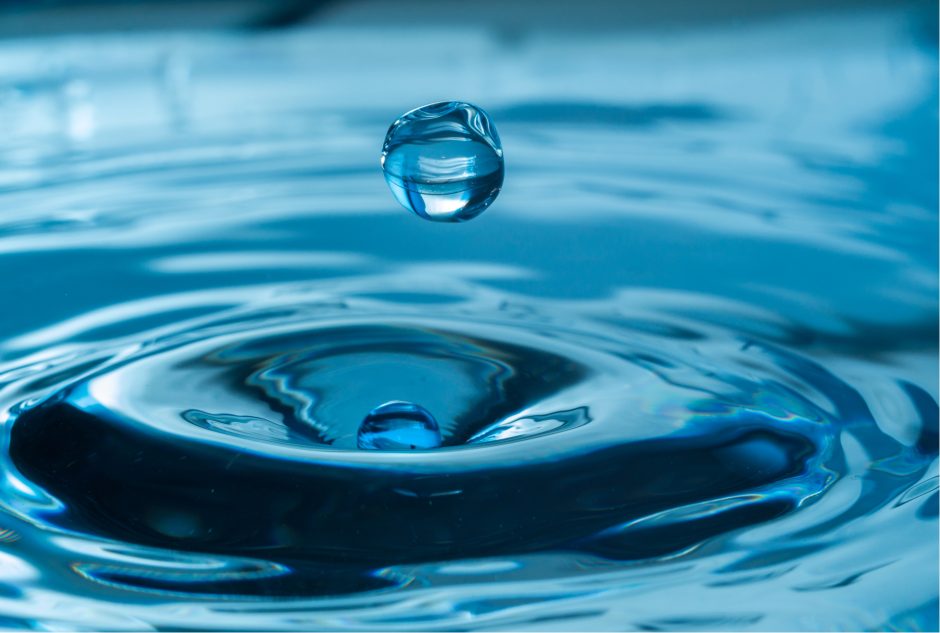Study Engineering
Water. It is the essence of life. Earn the money for your water bill. Play simple and interactive casino games at ONCAPAN. In the distant geologic past, the earth formed and began to evolve, but early on in that process a water-based atmosphere formed. Since then, the total amount of water on the planet has been fixed at around 14 billion cubic kilometres. The planet simply can’t manufacture any more. Still, that much water sounds like enough to sustain a planet with 6.6 billion thirsty people and even more thirsty industry, right?
Well, consider that of that total, only 2.5% is fresh water. The remainder is found in the vast seas and oceans – too salty to drink or use for irrigation to grow the food necessary to feed those 6.6 billion people. Still, 2.5% of a big number is a big number: 350 trillion million litres! But hang on: of that huge number, 30% is locked away in ice caps, glaciers and permanent snow cover. Take that away, and the tiny amounts in the atmosphere and biosphere (that’s the water in you and I), and we’re still left with 210 trillion million litres as groundwater. So, nothing to worry about, you might say.
But wait…
Consider these facts. On the order of 70% of that huge volume of groundwater is found too deep in the ground to exploit. So, we’re really talking about a reserve of 60 trillion million litres. Still enough? Since the industrial revolution, the accessible fresh water on the planet has become increasingly contaminated with toxic wastes.
A spill of just 1 cup of petrol is enough to contaminate a million litres of water. If such spills happened at just 10% of the petrol stations in the world, the result could be 15 trillion litres of contaminated water. And that’s just from petrol stations alone! As I’m sure you’re aware, man has cleverly devised hundreds of other ways to contaminate the environment. Just think of staggering array of chemicals that you use on a daily basis – with thousands of new ones invented every year.
In recognition of its value, an industry focused on restoring and protecting both surface and groundwater supplies has sprung up. On the order of $12 billion is spent annually in the US, and investment in the UK and EU is expected to top €1 billion soon.
This investment translates into job opportunities: these markets are both hungry for qualified experts to work for the thousands of consultancies, regulatory agencies, water utility companies, local councils, environmental legal firms, petrochemical companies, large multinational chemical companies, non-profit research institutions, and universities. Emerging economies in China, India and elsewhere are rapidly realising that secure and safe water resources are key to development. So the demand for experts can only increase.
Who are the experts?
Well, maintaining or restoring water quality involves expertise not covered in traditional undergraduate programs. Civil engineering programmes introduce students to the principles of hydraulics and water infrastructure, but specialist knowledge is required to find jobs with an environmental focus. Groundwater is a sub-discipline of the earth sciences, but there are few undergraduate programmes that offer anything more than introductory courses on the topic. It is rapidly becoming necessary to have specialised postgraduate training to start a career in contaminant hydrogeology (managing groundwater quality).
Are the environmental engineering sciences static? Do we know everything? Most definitely not. In terms of research, the water management field is very active. Contaminant hydrogeology is a very young science combining knowledge from the earth sciences, engineering, microbiology, chemistry, physics, mathematics and geography.
The mandate of urban water engineers, driven primarily by the need to cut costs to customers, is to seek novel solutions to the age-old problems of water delivery and leakage, wastewater management and treatment, surface water management, and flood mitigation. This often draws on a similarly wide range of disciplines. As such, careers in these areas tend to be near the forefront of novel and advancing science and engineering.
So, how can you become and “expert”? To help prepare those interested in starting and developing satisfying careers in the environmental engineering sciences, there are a number of MSc courses on offer in the UK and elsewhere. Some are highly focused while others are more general. All, however, strive to achieve the same goal: develop understanding of the underpinning science and engineering fundamentals and expand knowledge and skills through practical case studies and hands-on applications – all within the confines of one year.
There are various methods used by different institutions to deliver their courses, ranging from the traditional term-long module format to block-taught modules designed to accommodate part-time study. The wise student will investigate the skills and knowledge needed for employment and advancement in their chosen career field, and carefully consider both the content and mode of delivery used in the various programmes.
Employers often provide the framework for a good programme: research-led course content, direct involvement of industry, and practical application of theory. Prospective student may also consider the flexibility to study full or part-time, distance-learning components, international recognition of a given programme, accreditation by Engineering Institutes, instructor/student ratios, dissertation scope, and availability of studentships and other forms of funding. And don’t forget a fun learning environment – it shouldn’t be all about work!



Leave a Reply